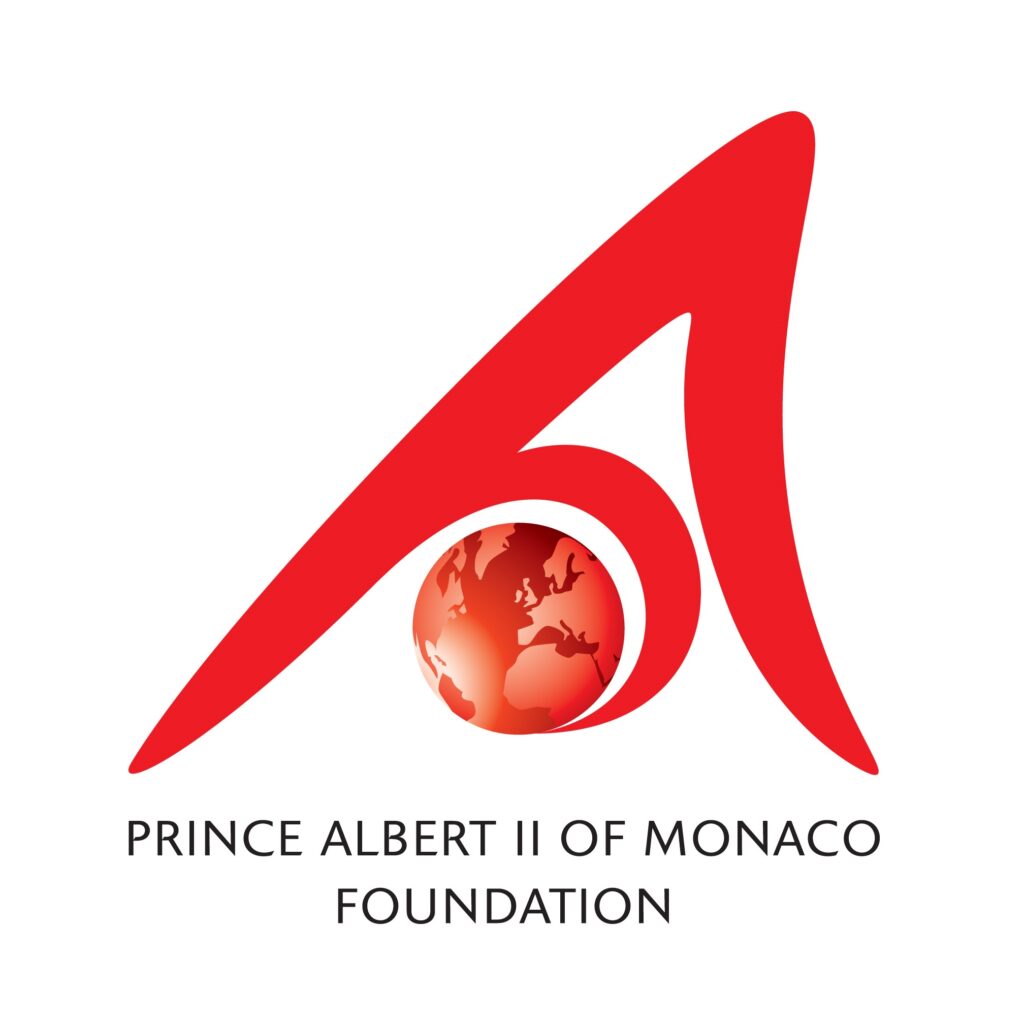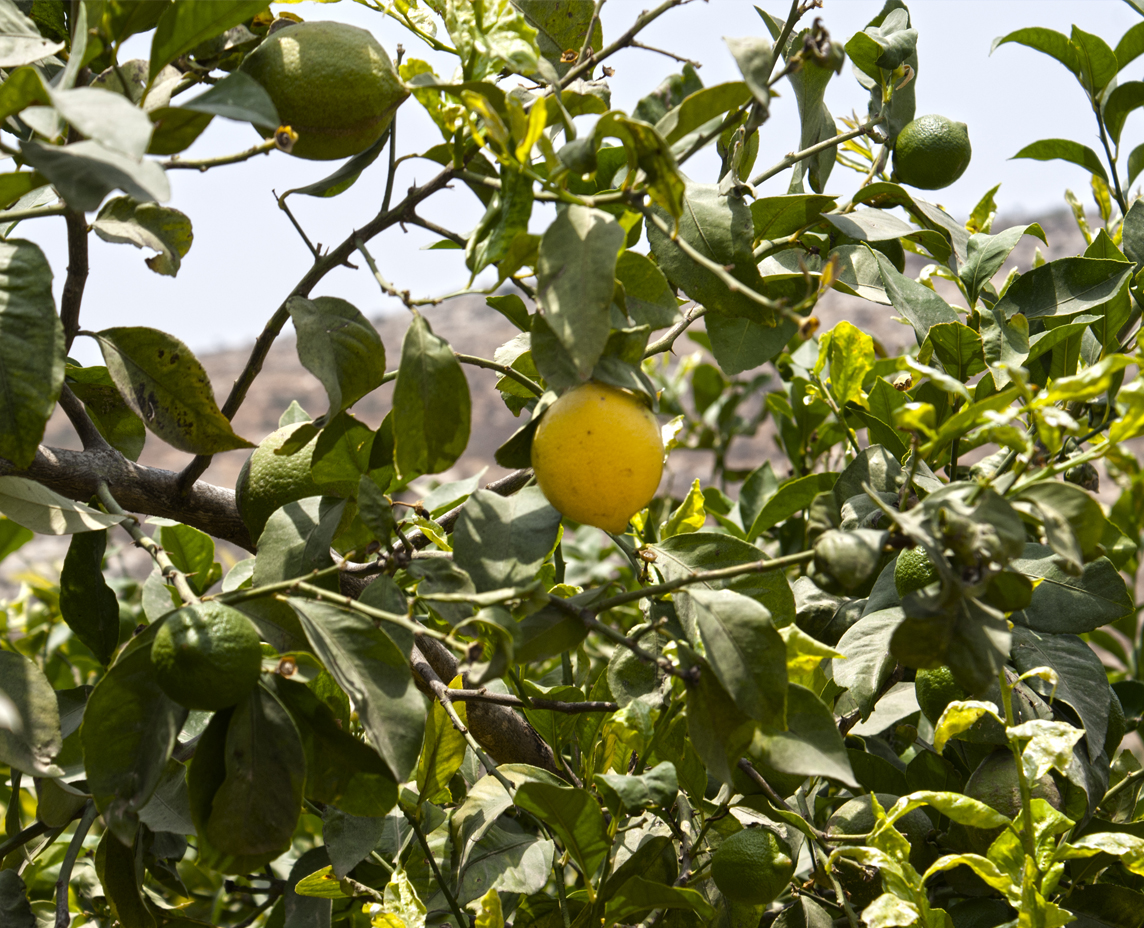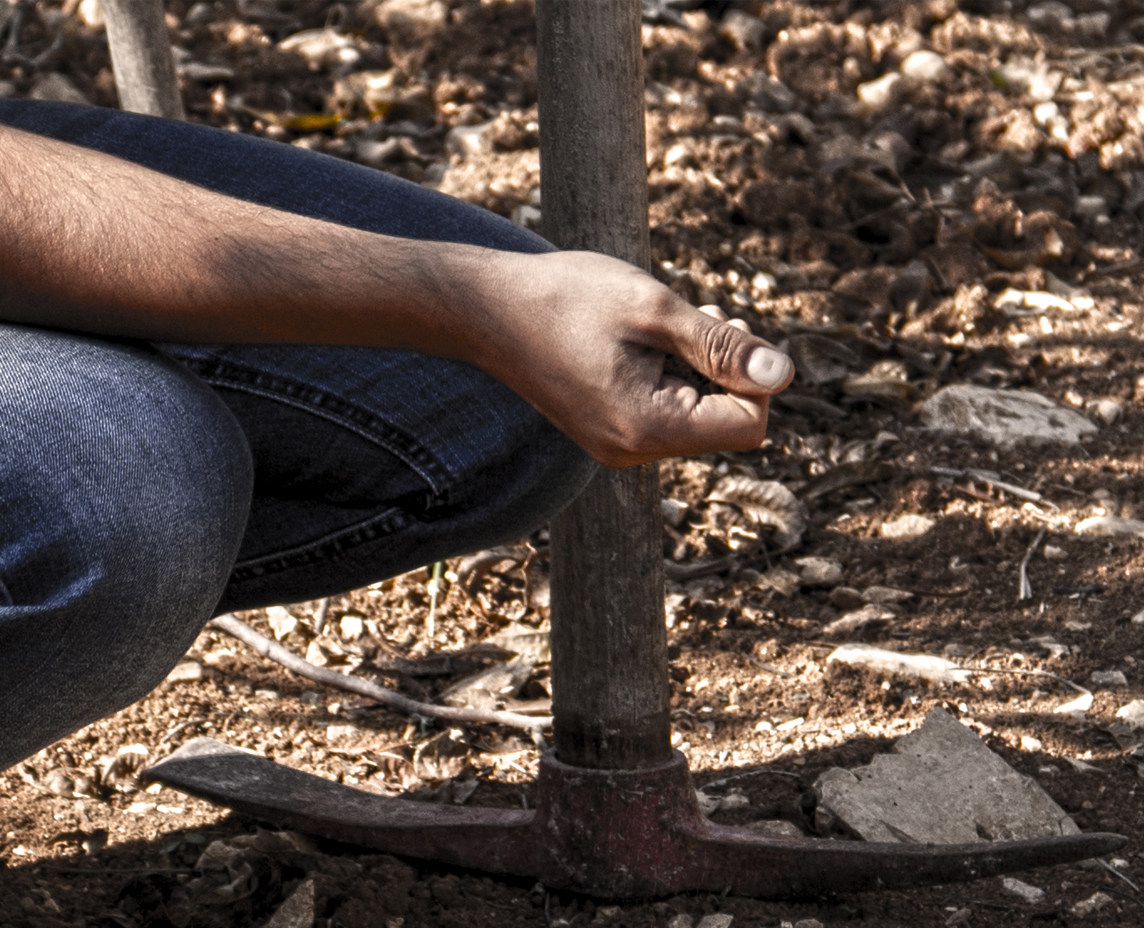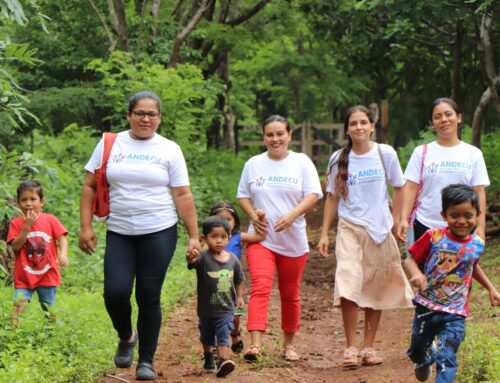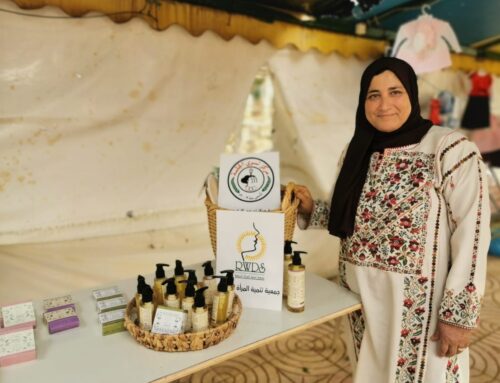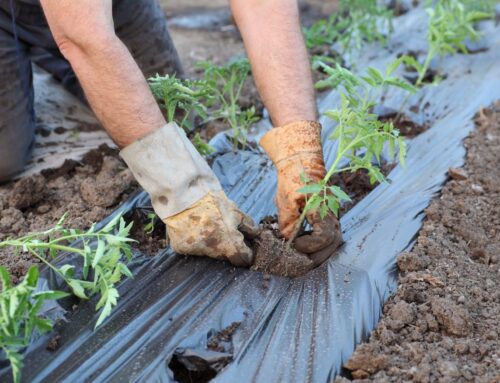Strengthening Water Management Sustainability in West Bank, Palestine
The project aims at increasing the resilience of public administration and vulnerable communities of Yasuf, Qira and Marda (Salfit Governorate, West Bank, Palestine), by promoting access and the exercise of the human right to water. With 62,3% of households in Salfit Governorate with orchard, only 0,3% of agricultural land is irrigated, which alongside a very low productivity and the limited income generated leads to the abandonment of agriculture. In terms of water, the region receives the least amount from its basin through springs, causing a deficit for domestic use of 1,4 million m3. The current capacity of the wells is insufficient to cover the demand for water, so the remaining amount is obtained through the exploitation of springs. Most water canalisation systems are in poor condition and water resources management is ineffective and insufficient due to archaic irrigation methods causing important losses. Economically, Palestine’s main activity is agriculture, and tools for irrigation depend entirely on the resources mentioned.
The project tackles development and management of water, land and related resources with a multidimensional gender-sensitive response to the problems affecting the targeted localities of Yusuf, Qira and Marda and under an Integrated Water Resources Management (IWRM) approach. The intervention intends to equip right holders with the necessary tools and capacities to sustainable manage their limited water resources, maximising the communities’ welfare in an equitable manner without compromising the sustainability of vital ecosystems.
As expected results are:
- Sustainable access to water for domestic and agricultural use is promoted.
- Municipal capacities are strengthened.
The activities are the following ones:
- Rehabilitation of the double spring of Yusuf and rehabilitation of Qira water tank.
- Construction of 2 cisterns of 80 m3 in Marda, construction of 2 tanks for water supply for agricultural use in Marda and installation of drip irrigation system in 6 domestic gardens.
- Training in agroecology and management of home gardens.
- Technical training for farmers in efficient water management (collection and use).
- Training of local authorities in the IRWM approach.
- Training of trainers (ToTs) and managers of the agricultural field in irrigation techniques and practices (installation of networks, management of irrigation and fertilisation).
- Mapping exercise on the main stakeholders at governance level (including desk review and participatory approach).
- Exchange visits to share experiences on sustainable water management and agricultural practices.
- Exchange visit between municipal staff belonging to the three relevant locations.


